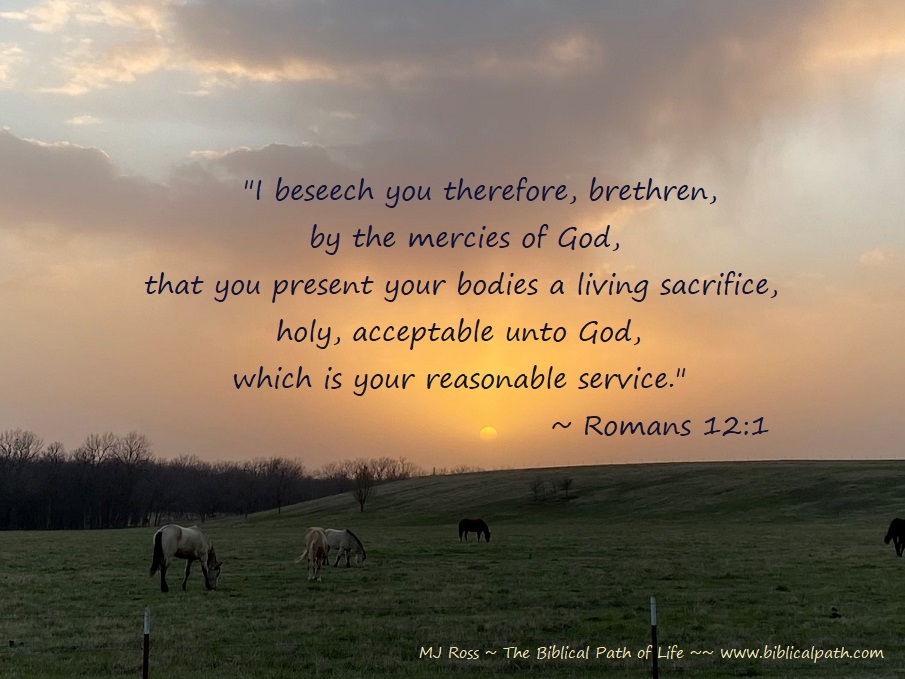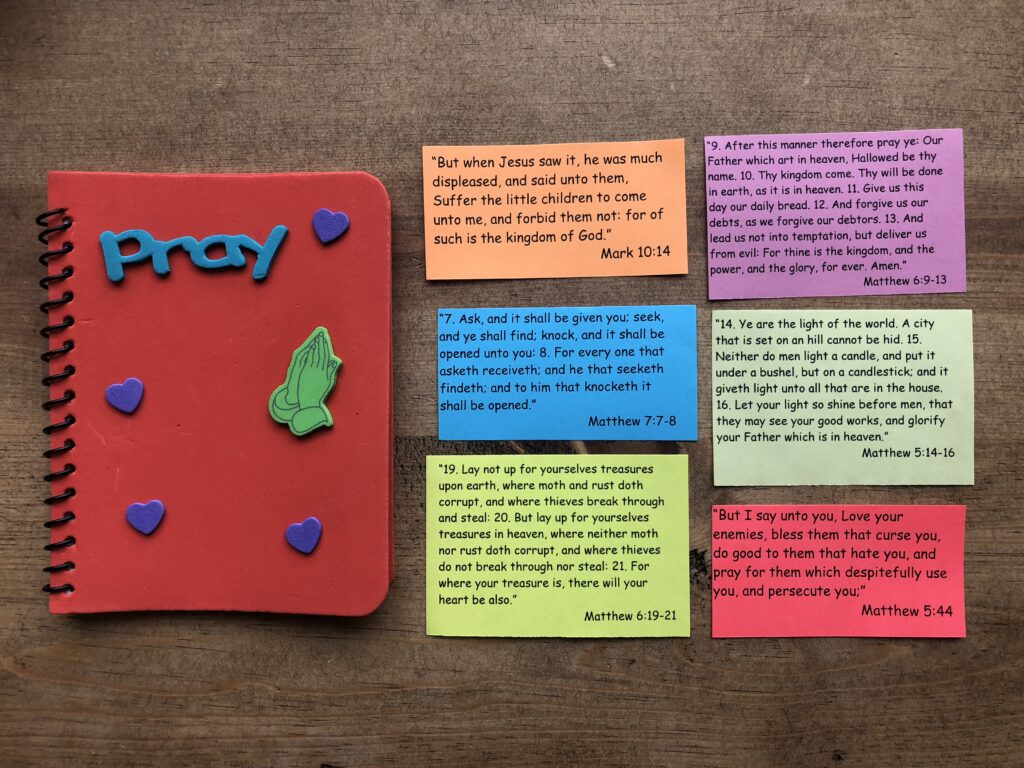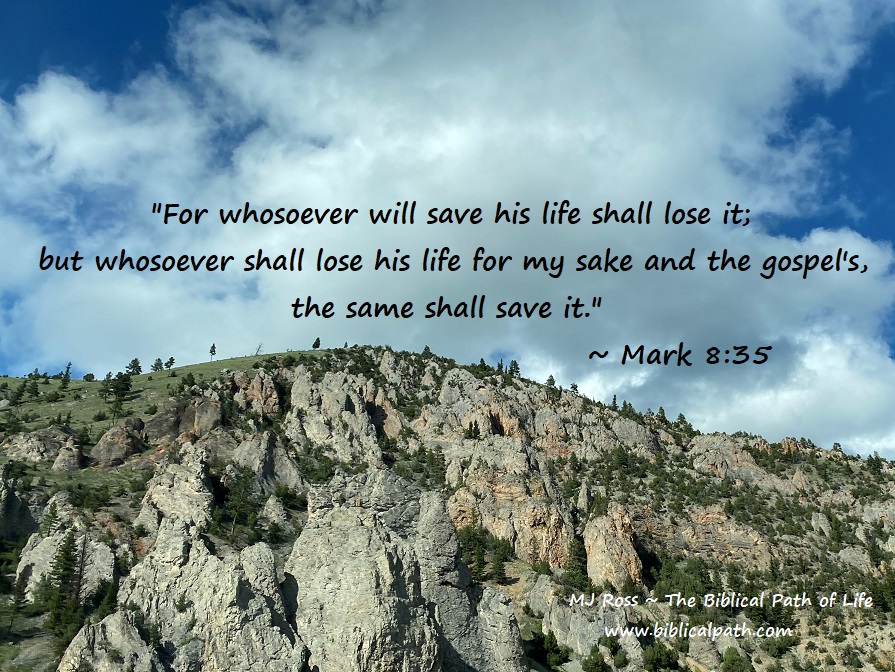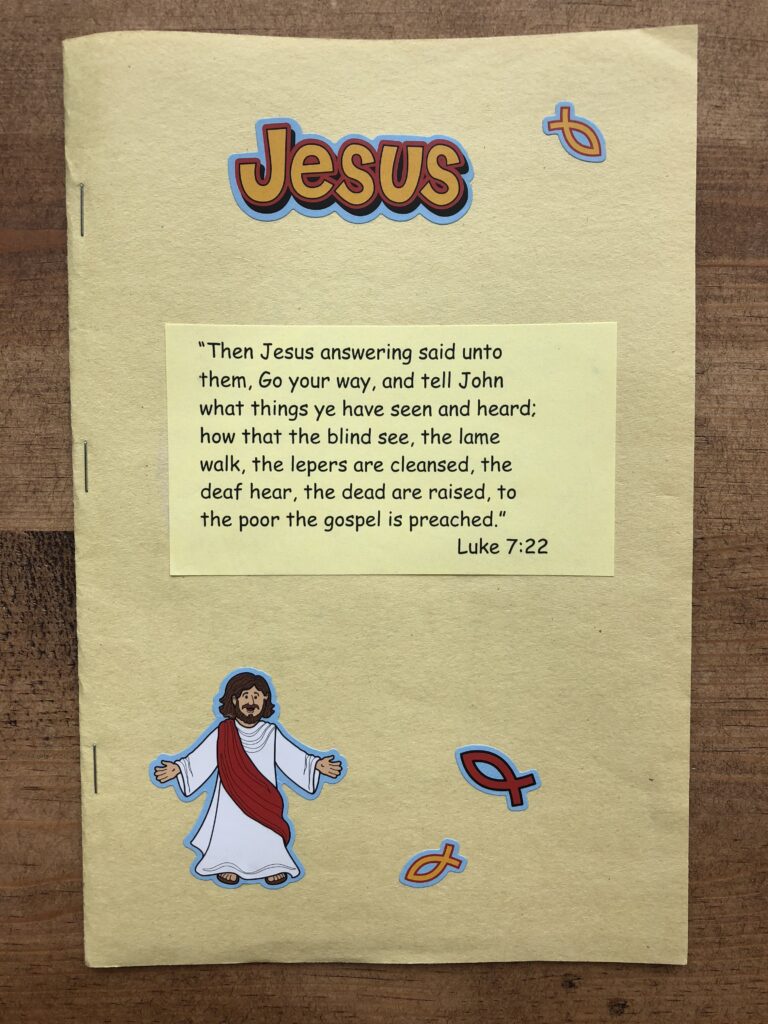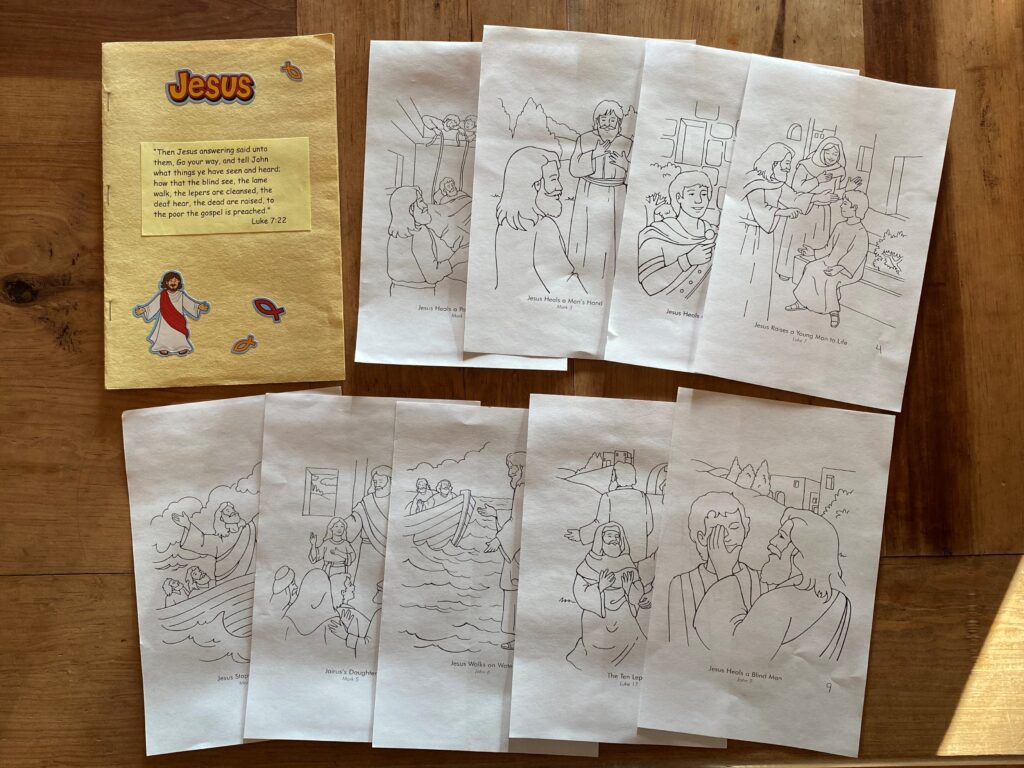
“But God commendeth his love toward us, in that, while we were yet sinners, Christ died for us.”
Romans 5:8
God established a rule for the death of a man by a man immediately after the flood. “Whoso sheddeth man’s blood, by man shall his blood be shed: for in the image of God made he man” (Genesis 9:6). This was to deter man from killing another man. God established it into His Law in Exodus. “He that smiteth a man, so that he die, shall be surely put to death” (Exodus 21:12). God made a distinction between if one accidentally kills someone (manslaughter) and intentional killing (murder). Read how God extended His grace for manslaughter: “And if a man lie not in wait, but God deliver him into his hand; then I will appoint thee a place whither he shall flee” (Exodus 21:13). However, for murder: “But if a man come presumptuously upon his neighbour, to slay him with guile; thou shalt take him from mine altar, that he may die” (Exodus 21:14).
In the book of Joshua, as they conquered the land, God provided six Cities of Refuge. These cities were places one could run into and hide (see Joshua 20). “That the slayer that killeth any person unawares and unwittingly may flee thither: and they shall be your refuge from the avenger of blood” (Joshua 20:3). These cities were to protect those who accidentally killed another. It prevented one from being killed by an avenger. When one fled to one of the Cities of Refuge, they had to remain within the city gates until the death of the high priest. It was then they were unconditionally set free and allowed to leave the city in safety.
There are no physical Cities of Refuge in our world today in which one can flee to be saved from the penalty of sin. “For the wages of sin is death; but the gift of God is eternal life through Jesus Christ our Lord” (Romans 6:23). Notice that the gift of God is eternal life through Jesus Christ. In order to be freed from the wages of sin (death) one must flee to Jesus and receive the gift of God. “Neither is there salvation in any other: for there is none other name under heaven given among men, whereby we must be saved” (Acts 4:12). Jesus became flesh (a human being) to bring us salvation. “8. But God commendeth his love toward us, in that, while we were yet sinners, Christ died for us. 9. Much more then, being now justified by his blood, we shall be saved from wrath through him” (Romans 5:8-9). Jesus paid our debt.
There is a great picture of what Jesus did found in Zechariah. “And he shewed me Joshua the high priest standing before the angel of the LORD, and Satan standing at his right hand to resist him” (Zechariah 3:1). Joshua was dressed in filthy garments being accused by Satan. “Now Joshua was clothed with filthy garments, and stood before the angel” (Zechariah 3:3). That was a picture of the sin that could not be hidden. He had no defense – for he was guilty. However, Jesus (the angel of the Lord) ordered that the filthy garments be taken away, for Jesus caused the iniquity to be taken from him. (Remember: “As far as the east is from the west, so far hath he removed our transgressions from us” Psalm 103:12.) Jesus then called for new garments – picturing a renewed, right relationship before God. The sin was taken away, and God’s judgment was set aside. Read what the angel of the Lord said next. “Thus saith the LORD of hosts; If thou wilt walk in my ways, and if thou wilt keep my charge, then thou shalt also judge my house, and shalt also keep my courts, and I will give thee places to walk among these that stand by” (Zechariah 3:7). After this sin was removed, God’s people were expected to walk in God’s ways, for they now had the freedom to walk with God. They were to accomplish the task set before them.
This is a great picture of a Christian’s salvation in Jesus Christ. Under the Law, there were cities of refuge provided for those who were pursued by the avenger of blood. God provided a much better refuge. Because Jesus came, being the High Priest who made the final offering which removed sin by His death, a Christian is free. One is not confined to a “City of Refuge” because of sin until the high priest dies. Jesus already paid the penalty. Jesus died for man’s sin, becoming a refuge for all sinners who have the heart of repentance unto salvation, thus fleeing to Christ. Jesus is a much better refuge, a refuge for any sinner who has the heart to flee to Jesus.
Jesus is the seventh, and final, City of Refuge.
Have you trusted in Jesus to take away your sin, then becoming your City of Refuge?
